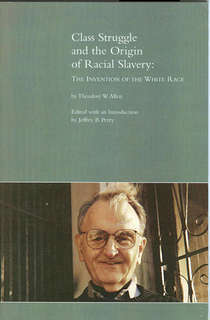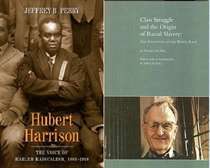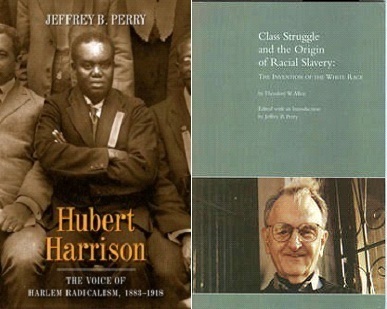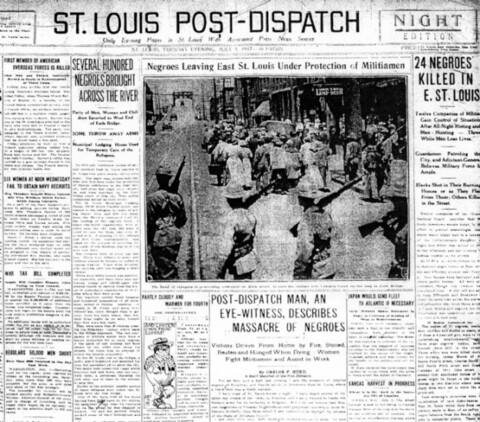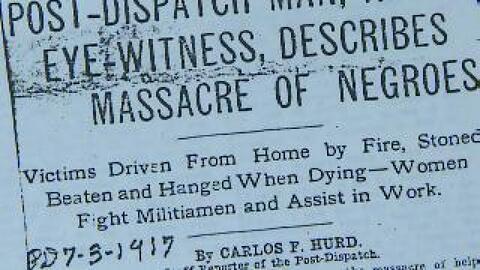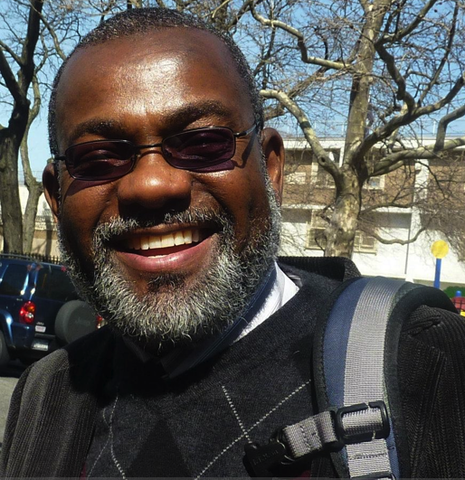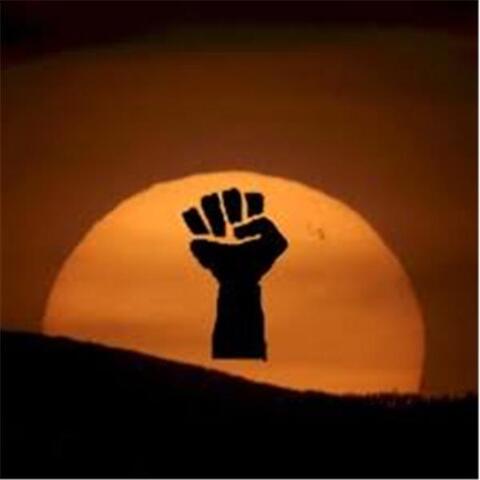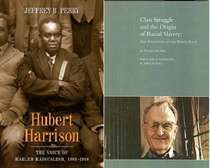July 18, 2014
Friday, 7:30 AM, Upcoming 5-Session Course (Beginning Sat. July 26 at 10 am) on Hubert Harrison and Theodore W. Allen at The Commons (388 Atlantic Avenue) in Brooklyn is discussed by Jeffrey B. Perry and host Michael G. Haskins on "Morning Show -- Wake Up Call," Radio Station WBAI (99.5 FM New York).
To listen live CLICK HERE.
For information on “Hubert Harrison: The Voice of Harlem Radicalism, 1883-1918” (Columbia University Press) CLICK HERE
For writings by and about Hubert Harrison CLICK HERE
For a video presentation on Hubert Harrison, "The Father of Harlem Radicalism," who is discussed at the beginning of this video CLICK HERE
For information on Theodore W. Allen's "The Invention of the White Race" (Verso Books) CLICK HERE
For additional writings by and about Theodore W. Allen CLICK HERE
For a video presentation on Theodore W. Allen's "The Invention of the White Race," which draws insights from the life and work of Hubert Harrison CLICK HERE
For key insights from Theodore W. Allen on U.S. Labor History CLICK HERE
Go to the following link to read Jeffrey B. Perry, "The Developing Conjuncture and Some Insights From Hubert Harrison and Theodore W. Allen on the Centrality of the Fight Against White Supremacy"
Read More
Friday, 7:30 AM, Upcoming 5-Session Course (Beginning Sat. July 26 at 10 am) on Hubert Harrison and Theodore W. Allen at The Commons (388 Atlantic Avenue) in Brooklyn is discussed by Jeffrey B. Perry and host Michael G. Haskins on "Morning Show -- Wake Up Call," Radio Station WBAI (99.5 FM New York).
To listen live CLICK HERE.
For information on “Hubert Harrison: The Voice of Harlem Radicalism, 1883-1918” (Columbia University Press) CLICK HERE
For writings by and about Hubert Harrison CLICK HERE
For a video presentation on Hubert Harrison, "The Father of Harlem Radicalism," who is discussed at the beginning of this video CLICK HERE
For information on Theodore W. Allen's "The Invention of the White Race" (Verso Books) CLICK HERE
For additional writings by and about Theodore W. Allen CLICK HERE
For a video presentation on Theodore W. Allen's "The Invention of the White Race," which draws insights from the life and work of Hubert Harrison CLICK HERE
For key insights from Theodore W. Allen on U.S. Labor History CLICK HERE
Go to the following link to read Jeffrey B. Perry, "The Developing Conjuncture and Some Insights From Hubert Harrison and Theodore W. Allen on the Centrality of the Fight Against White Supremacy"
Read More

